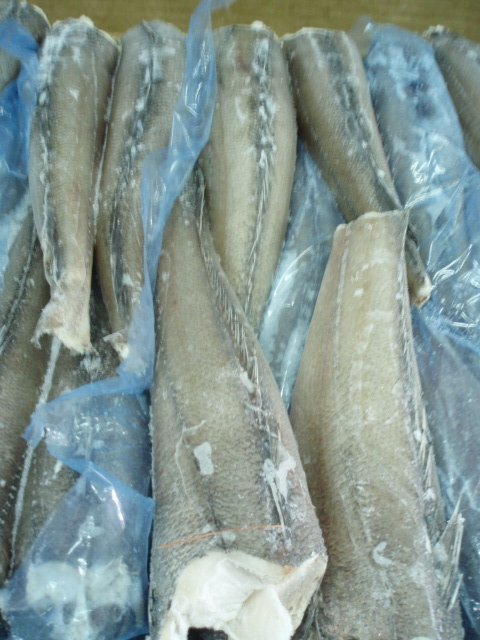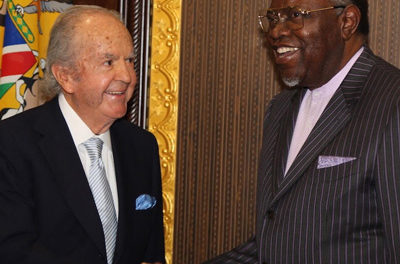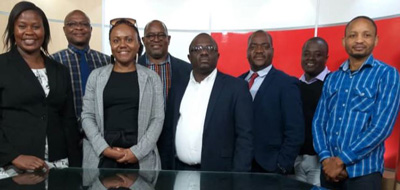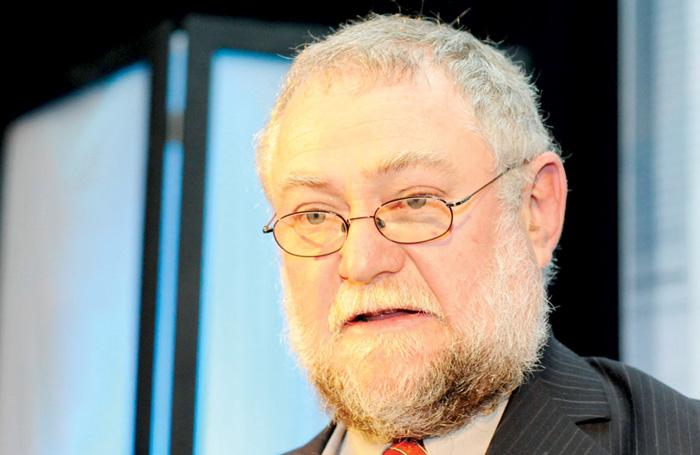
Namibia hake and longline fishery certified as sustainable – Ranked second in Africa

The Namibia hake trawl and longline fishery has become the first fishery in the country, and the second in Africa, to meet the globally recognised standard for sustainable fishing set by the Marine Stewardship Council (MSC), an environmental firm not for profit.
The certification, announced on 17 November, recognises progress made by the government and fishing industry in rebuilding hake stocks, which in the past were decimated by overfishing by foreign fleets.
To be MSC certified, a fishery must show the fish stock is healthy, that it minimises its impact on the environment and has effective management in place.
The certification will ensure the fishery can continue to export to markets in Southern Europe and will help it expand into retail markets in Northern Europe. Supermarkets and brands in these markets often prefer the fish and seafood they stock to be MSC-certified.
The Fisheries and Marine Resources Minister, Albert Kawana said Namibia has worked hard to rebuild hake stocks that were historically overfished. MSC certification of the Namibian Hake is an independent endorsement that efforts are working, and a signal to retailers, brands and fish lovers around the world that the Namibian Hake is sustainable and it is here to stay.
“As custodians of our natural resources, it is our responsibility to manage Namibia’s fisheries in a way that ensures the long-term health and biodiversity of the oceans, and at the same time allows our fishing industry to maximise the value of the resource for the current and future generations of the Namibian people in line with the provisions of article 95(l) of the Namibian constitution,” Kawana said.
According to Peter Pahl, Chair of the Namibia Hake Fishing Association, the demand for sustainable hake is growing, especially in Europe.
“Having MSC certification will help the Namibian Hake industry stay competitive and meet demand in our existing markets, as well as expand into new markets where retailers and brands preferentially stock MSC certified fish to meet their consumers’ expectations. Now we have certification, we hope to see our numbers grow, benefiting Namibians, communities, the economy and of course, the oceans,” Pahl said.
The Namibia Hake fishery, which operates on a much larger scale than many fisheries in the Global South, will add up to 160,000 tonnes of sustainable hake into the supply chain.
Fishing is the third largest sector of Namibia’s economy, with hake making up the majority of the sector and directly employing more than 10,000 people.















































